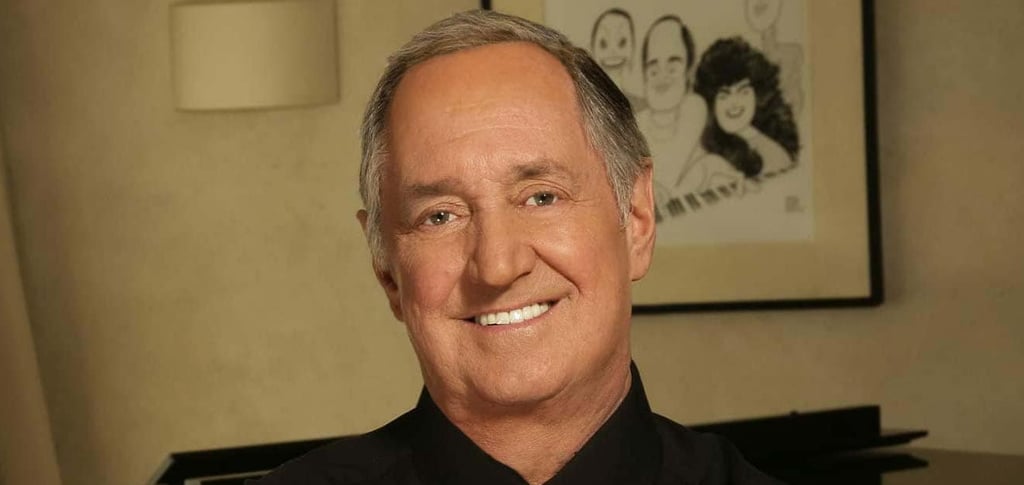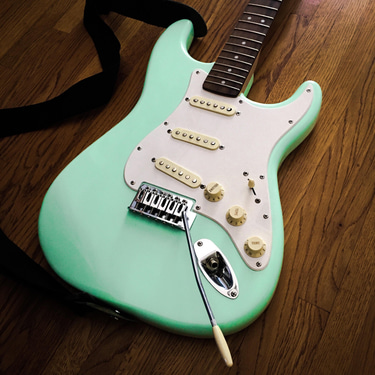Neil Sedaka's songs are the vehicle to his voice
By Jim Dail
8/12/20253 min read


Long-term success in the music industry is often a product of diversity, dedication and talent. Neil Sedaka, who will perform October 11 at Pala Casino, is a classic example of this.
As a writer of such songs as “Where the Boys Are,” “Calendar Girl” and “Love Will Keep Us Together,” he has seen his lyrical babies soar to the top of the charts. But it’s not just the songwriting but his vocal talents in such songs as “Bad Blood,” “Laughter in the Rain” and “Happy Birthday Sweet Sixteen” that have made him the tremendous success he is.
“The songs have been a vehicle for my voice, and it’s my voice that comes first,” he said. “I think I am underrated as a singer because even those bubblegum songs were not just simple tunes.”
Sedaka hit the music scene in the ‘50s and carried through into the ‘60s. There was a dry spell in the late ‘60s but then he was back in the big time in the early ‘70s.
“Diversity has been the key to me being around because I have re-invented myself so much over the years,” he said. “I’ve done the pop, classical, kids songs, Christmas, you name it. I’ve always strived to write different songs.”
Sedaka was part of the classic Brill House songwriters, which included Carole King (who Sedaka briefly dated), Geoffry Goffin, Paul Simon and Neil Diamond. But while he had written often with Greenfield, it was time to go in a new direction in the ‘70s.
“It was thanks to Elton John who saw me perform at the xx and signed me to his label,” he said. “I changed lyricists because I wanted something more poetic and that’s where ‘Solitaire’ and ‘Laughter in the Rain’ came from. It was the singers and songwriters period and I wanted to be in competition with those writers.”
While he may slow down in terms of the number of live dates, Sedaka is certainly not slowing down in other areas, with the release of his record xxx.
“I just wrote my first piano concerto, which is the last song on the new album,” he said. “I’ll be going over to England and perform it with the London Philharmonic. It really does stretch you musically to do something like that. It certainly embellishes the ballads.”
He’s enjoying the musical freedom too.
“You write something and you love something inside of you,” he said. “I am so proud of my chart records but I have that background from being accepted by Juliard when I was nine so there is a wide range that I can explore.”
And there is a definite love for the live experience.
“I love it because there is an immediate adrenaline rush being out there on stage,” he said. “People come up to me and they tell me they grew up with the songs and it reminds them of who they were with, what they were doing. Of course, I do new things as well.”
Some of those new things include a new Broadway play, a disco song and more classical music.
“I did a dance mix, ‘Begging to Breathe Again,’ and I had a famous dance mixer working with me and he thought it would be good as a disco record,” he said. “And the Broadway show about my life in New York will be starting up soon.”
And while he may not be selling the millions of records he did in his heyday, he still is reaching people.
“I’d love to have one more commercial album, but the recording industry is very different these days because you can sell 10,000 copies one week and be in the Top Ten and then gone from the charts,” he said. “But people, especially younger kids, are seeing me on YouTube, looking me up and listening to the music.”
But he’s still plugging away, still working on something new and different.
“The piano is my inspiration,” he said. “It asks me, ‘How good are you really?’”
